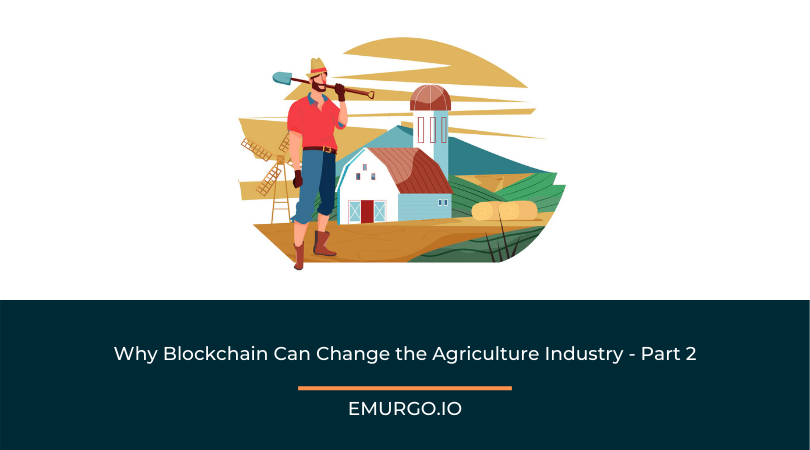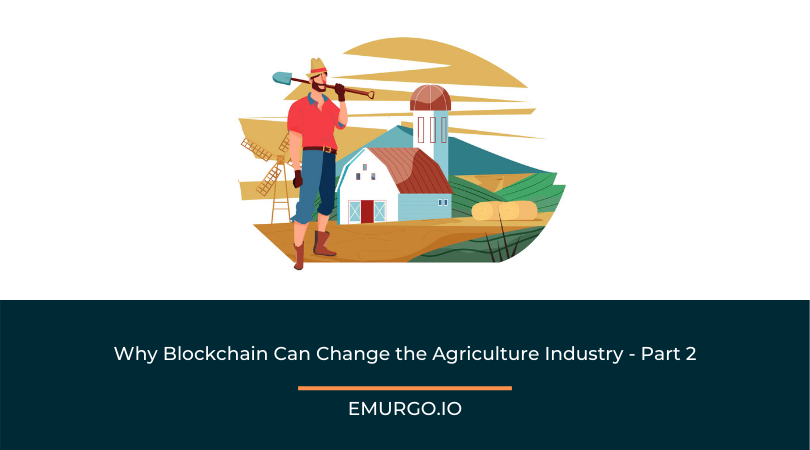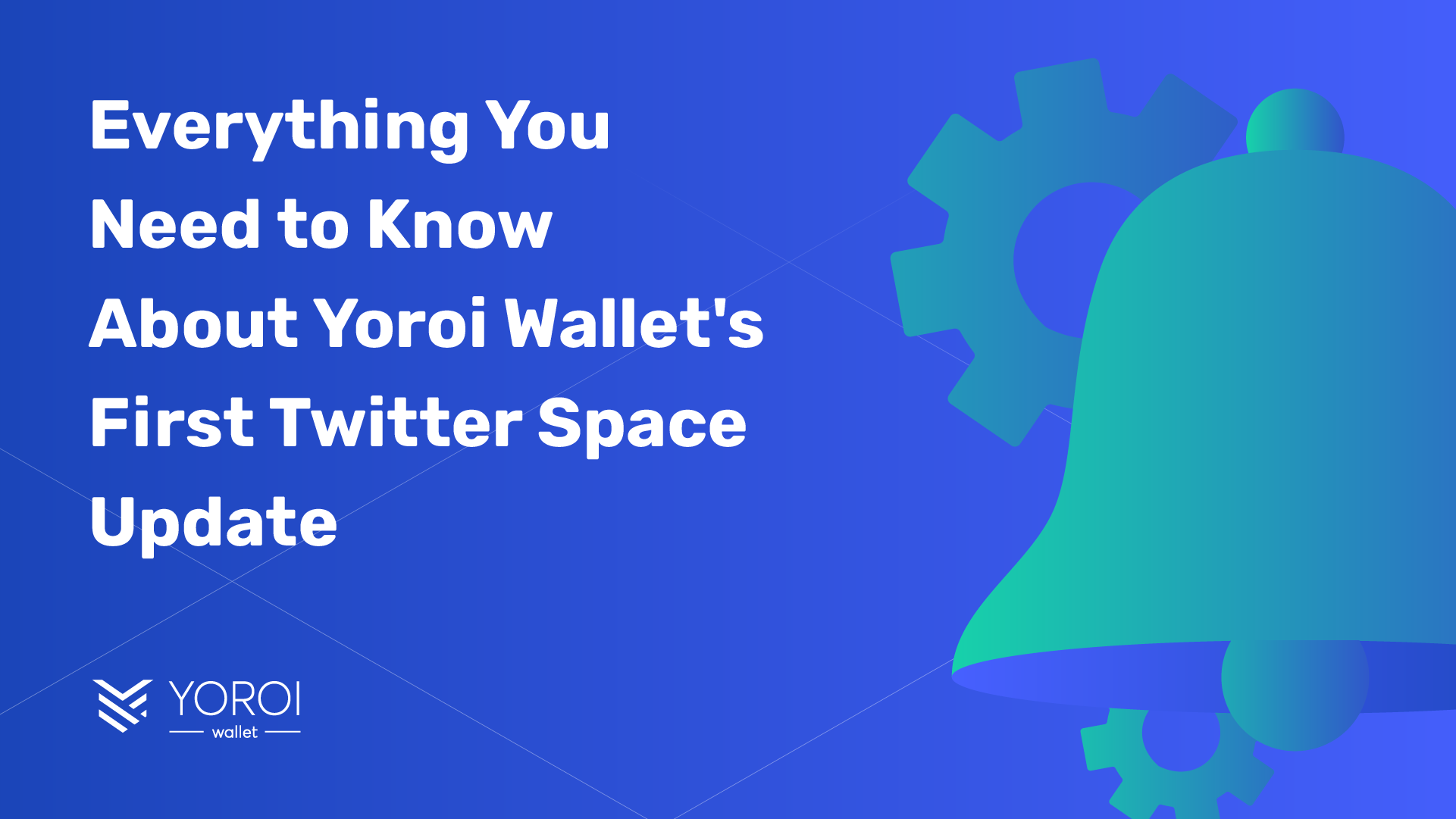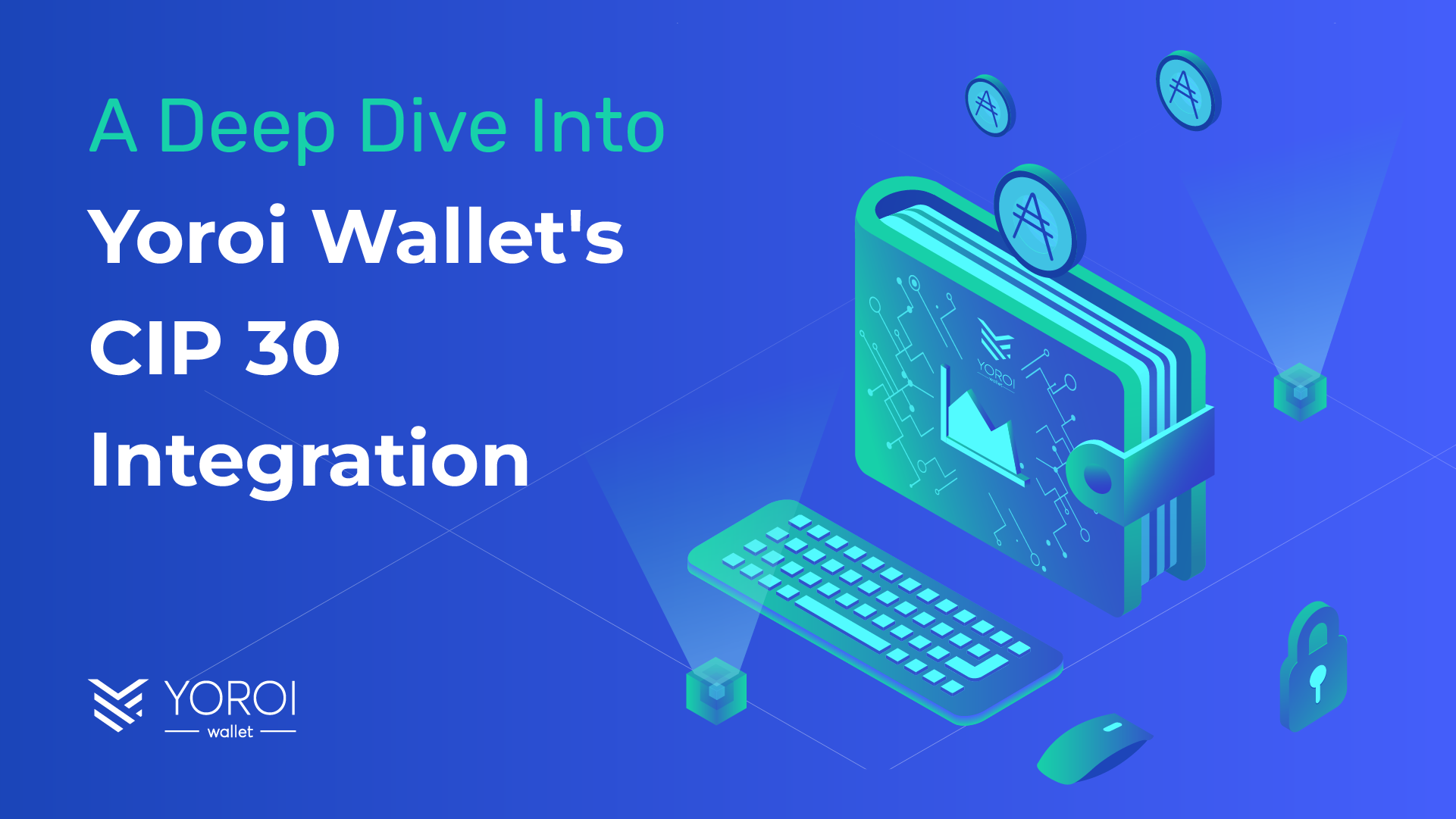
Download our brochure to learn how blockchain technology will revolutionize the Agriculture industry through superior supply chain traceability, enabling unprecedented profitability and shorter business cycles by up to 80%.
Intro
In this new three-part blog series, we look at how blockchain-based solutions can add many benefits to the agriculture industry.
Due to its digital nature, blockchain technology offers real-time data security and transparency through a shared online ledger of transactions and other relevant data.
In Part 1, we discussed the value blockchain-based solutions provide for farmers such as food safety assurance, agricultural input verification, land title registration, and fair subsidy distribution.
In this Part 2 blog, we will look at the value blockchain-based solutions can provide for enterprises in the agriculture industry, enabling greater production and sustainability.
Why Blockchain Offers a Fair Playing Field
The collection and use of data by information and communication technology do not occur without prejudice.
For example, stakeholders’ preferences in a decision with many factors are strongly affected by the interests of the entity they represent.
A powerful strategy for avoiding such bias is to make data manipulation difficult, if not impossible, by decentralizing data processing authority to a vast number of individuals.
A blockchain is a decentralized ledger in which parties record data about creating, transacting, and consuming a product or service.
The ledger is maintained collectively by all parties involved, usually through a peer-to-peer network of servers.
Before a new record is added to the blockchain, it must be validated by the network.
Any modification to the reported data should adopt a consensus decision-making process, which requires agreement from most of the parties concerned.
Additionally, any modification to a single record results in the modification of all subsequent records.
Thus, it is impossible to alter data stored on a blockchain.
Blockchain is described as “an open, distributed ledger that enables the efficient and verifiable recording of transactions between two parties.”
Blockchain is a game-changing information technology that can change the way data is used in agriculture.
How Blockchain Technology Provides Benefits to Agricultural Enterprises
1) Traceability of food
Consumers are more concerned than ever with the source and contents of their food.
Organic food, sustainably raised poultry, and locally farmed produce have all seen significant growth in popularity over the last few years.
However, when shoppers place an item in their basket, they have no option but to trust whatever information is displayed on the label.
Consumer preferences have spawned a sizable food fraud industry.
Producers can quickly sell mislabeled goods, as the manufacturer or final purchaser has no means of determining the origin of the product.
Enter blockchain technology.
Since blockchain technology can record unalterable data at each stage of the food supply chain, it can provide accurate information about the source of food products and their precise path from farm to table with a single press of a button.
This offers a win-win for both enterprises and their consumers as enterprises can vouch for the quality of their produce and earn increased trust while consumers can feel comfortable knowing they are buying what they see on the label.
2) Supply chain optimization
Along with assisting customers in making informed purchases, increased supply chain transparency can also benefit both enterprises significantly.
The agricultural supply chain is infamous for its complexity and opaqueness, with shipments passing through several hands before reaching their final destination.
Enterprise stakeholders have difficulty determining when, at what price, and how much of their goods are eventually sold.
Other stakeholders in the supply chain can control order rates and quantities due to this lack of insight.
By tracking transactions in real-time and providing participants with up-to-date supply and demand information, blockchain technology may help correct this imbalance.
With equal access to this knowledge, prices can be set more efficiently and production can be better maximized.
Additionally, by maintaining an ongoing database of participants’ transactions, blockchain enables parties from all over the world to conduct due diligence on one another and securely conclude transactions without the use of middlemen or agents, which helps to increase profit margins.
3) Faster Payment Options
Finally, blockchain technology can allow participants in agri-commerce to benefit from lower-cost and faster payment options.
Enterprises and farmers often wait weeks to be paid for their products from one another under the current system, and conventional payment methods such as wire transfers can be costly.
Blockchain technology has the potential to solve some of these inefficiencies.
Numerous developers have already created blockchain-based applications that allow inexpensive, safe, and near-instant peer-to-peer fund transfers.
Some are also using smart contracts that initiate payments automatically upon confirmation by the buyer to fulfill a specific condition (e.g., delivery of goods).
(*Read about what Cardano’s upcoming smart contract integration can do for enterprises here.)
Integrate EMURGO’s Trace Solution To Improve Your Agriculture Supply Chain
As a founding entity of the Cardano protocol, EMURGO is able to leverage its abilities for large scale blockchain development and rapid solutions deployment to benefit its global clients.
Via EMURGO’s customized Trace Solution, your organization can benefit from all of the services mentioned above, including food safety and product verification, input management, land registration, subsidy accounting, which can all be tailored to your organization’s industry needs to increase business margins.
For more information and to receive customized feedback, please send your inquiries to info@dev.indonesia.emurgo.io and our team will get back to you in a timely manner to help you develop and implement an efficient digital blockchain solution.
About EMURGO
- Official Homepage: dev.indonesia.emurgo.io
- Twitter (Global): @EMURGO_io
- YouTube: EMURGO channel
- Telegram: EMURGO Announcements
- Facebook: @EMURGO.io
- Instagram: @EMURGO_io
- Medium: EMURGO Announcement
- LinkedIn: @EMURGO_io



